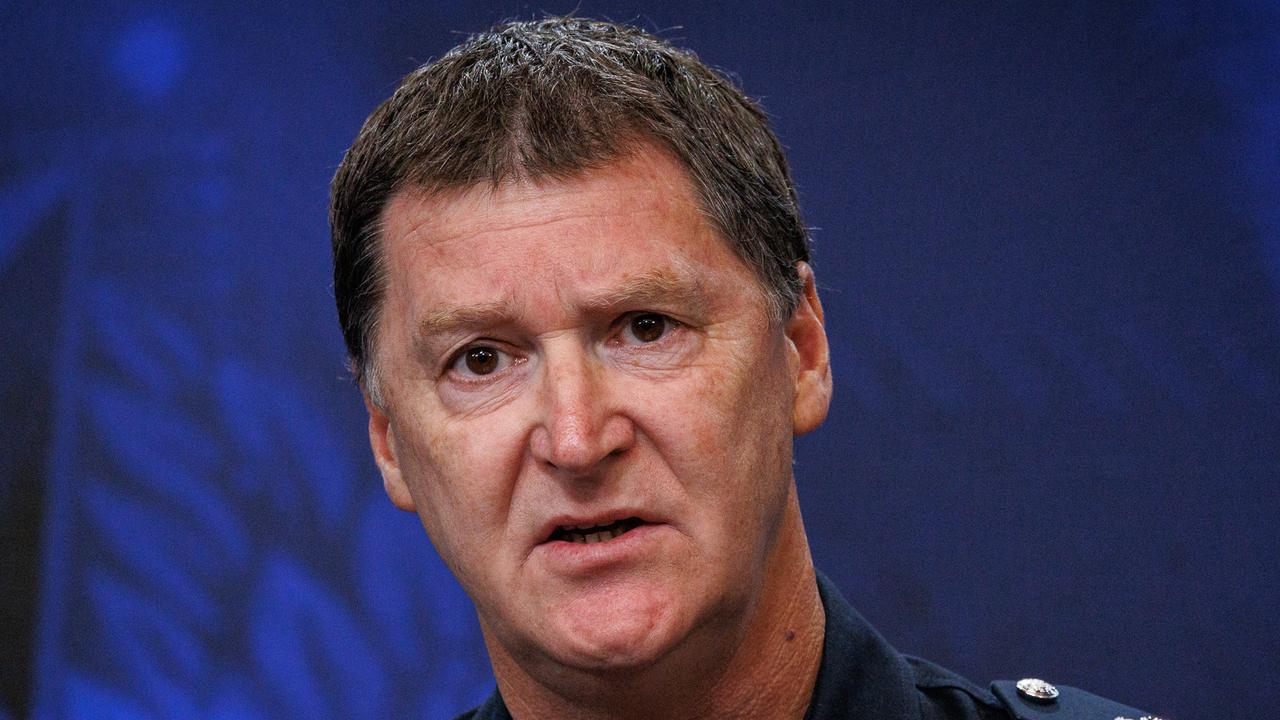Maribyrnong flood inquiry reveals Melbourne Water’s forecasting failure
Melbourne Water has been urged to improve its forecasting systems after a damning report into the Maribyrnong flood disaster was handed down on Friday.
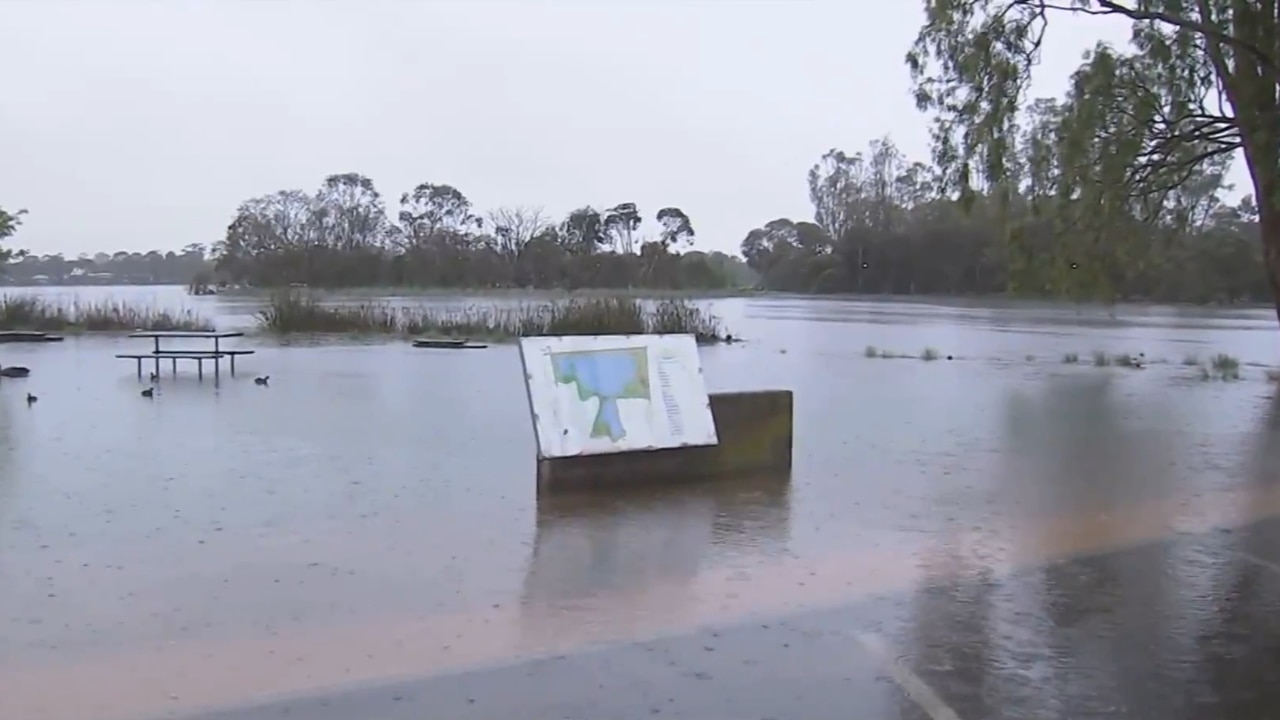
News
Don't miss out on the headlines from News. Followed categories will be added to My News.
Melbourne Water has been urged to improve its forecasting systems in the wake of the Maribyrnong flood disaster.
An Independent Review Panel appointed by Melbourne Water to conduct a review into last year’s floods on Friday handed down its final report.
Among 15 recommendations, all of which have been accepted by Melbourne Water, the review has called for an independent expert review and audit of the organisation’s forecasting system.
It should work to identify areas where forecast accuracy, warning times and model run times could be improved, the review found.
It also called for Melbourne Water to work with the Bureau of Meteorology to develop rainfall forecasts more frequently than six hours.
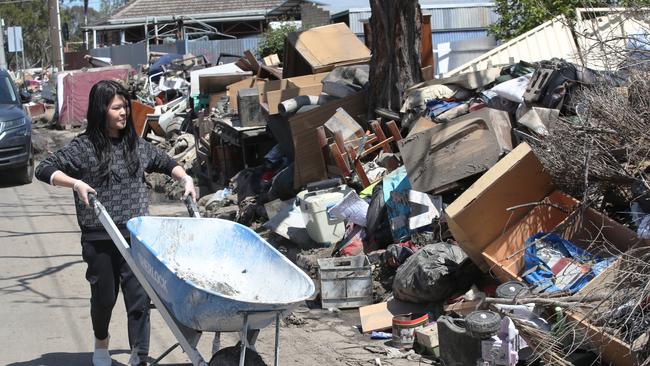
The review, led by former Federal and Victorian Supreme Court Judge Tony Pagone AM KC, examined the causes and contributors to the flood event in the urban catchment.
It found a number of issues with Melbourne Water’s flood modelling in the Maribyrnong catchment.
“These issues have meant that the flood levels, mapping and LSIO information have less utility than stakeholders expect,” it said.
“These issues also have flow on affects beyond just their direct outputs, as they are used by councils, SES and other parties as inputs to other work.
“There is also a need for Melbourne Water to change the modelling approach that is used to support the provision of flood warnings.”
Melbourne Water has faced intense scrutiny over its Flood Integrated Decision Support System and the decision to downgrade its flood warning a day before the October 14 deluge.
At least 525 properties were affected by floodwaters when the Maribyrnong peaked at 4.21m, 1cm higher than the 1974 floods and 40cm higher than authorities had forecast.
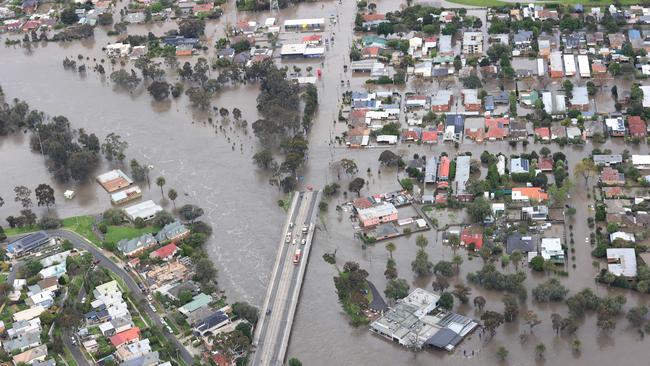
Among the other review findings, the report recommended Melbourne Water should:
• Undertake more regular reviews of flood models, considering the best estimates of climate change,
• Investigate long-term sustainable flood mitigation options for the Maribyrnong River,
• Use the hydraulic model developed (expected April 2024) to confirm the impact of the Flemington Flood Wall and the efficacy of the associated downstream compensatory works and
• Implement flood forecasting at intervals of less than two hours.
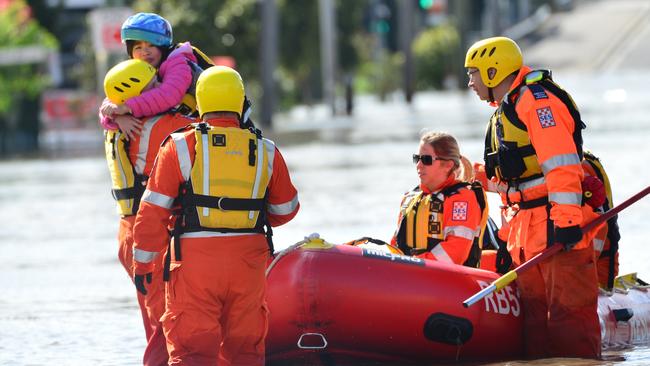
The agency’s managing director, Nerina Di Lorenzo, welcomed the findings of the Review Panel and said there was more work to do.
“We welcome the findings of the Independent Panel and will work to implement all of the recommendations,” she said.
“We have been working closely with the community in Maribyrnong and other affected locations over the past 12 months.
“We held community sessions across the impacted areas, receiving more than 60 submissions and heard from more than 100 residents during the community consultation.
“We used this process to listen, learn and act.”
Ms Di Lorenzo said since the flood the agency had made significant improvements and commitments.
“We have committed to providing a new flood model for every catchment in Melbourne by the end of 2026, that includes climate change impacts projected to the year 2100.
“We are now planning the transition of emergency riverine flood forecasting functions to the Bureau of Meteorology, cutting down the time to produce flood warnings by reducing the hand-off points between agencies that currently produce flood warnings to the community.
“We have been working with our partners, VicSES and Councils to seek further improvements to the level of community flood awareness and preparedness, including
using our “flood proofing your home” guide and increased flood awareness campaigns.”
Melbourne Water will also contribute to a Parliamentary Inquiry into Victoria’s floods and appear before the Legislative Council and Environment and Planning Committee Panel next week.
Emergency Services Minister Jaclyn Symes said she hasn’t had the chance to read the report but was open to making appropriate changes.
“I’m happy to consider everything that comes out of that report,” she said.
“There’s a parliamentary inquiry that are looking at things.
“We have people that review every emergency event from the day it starts.
“(They) will continue to provide advice on lessons learnt, improvements that we can make, and that’s what we do in emergency services.”




